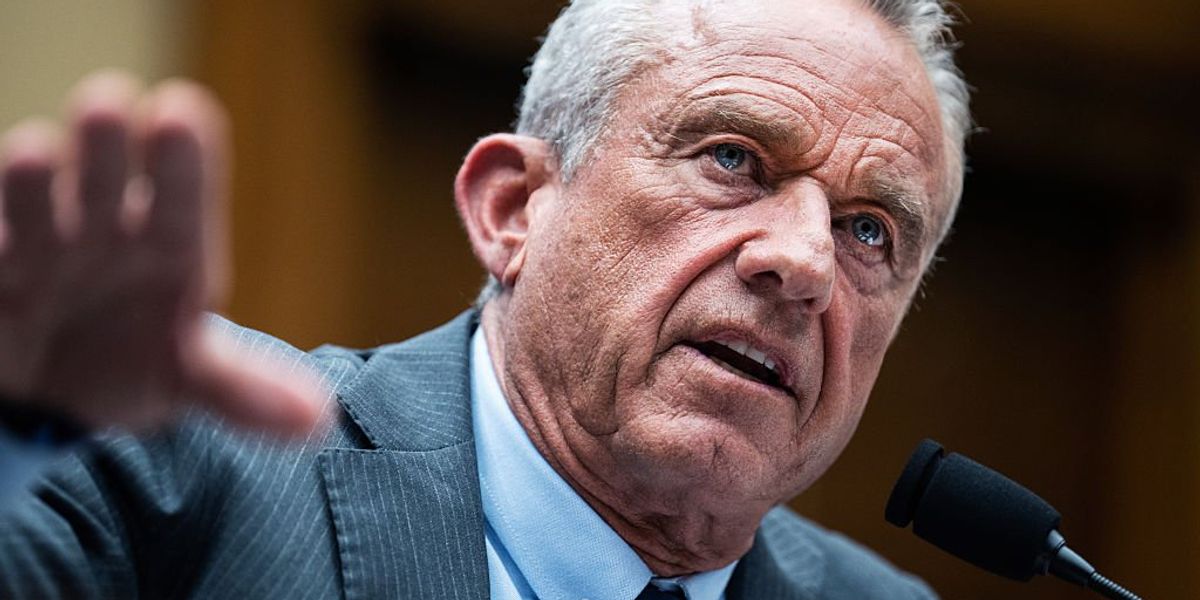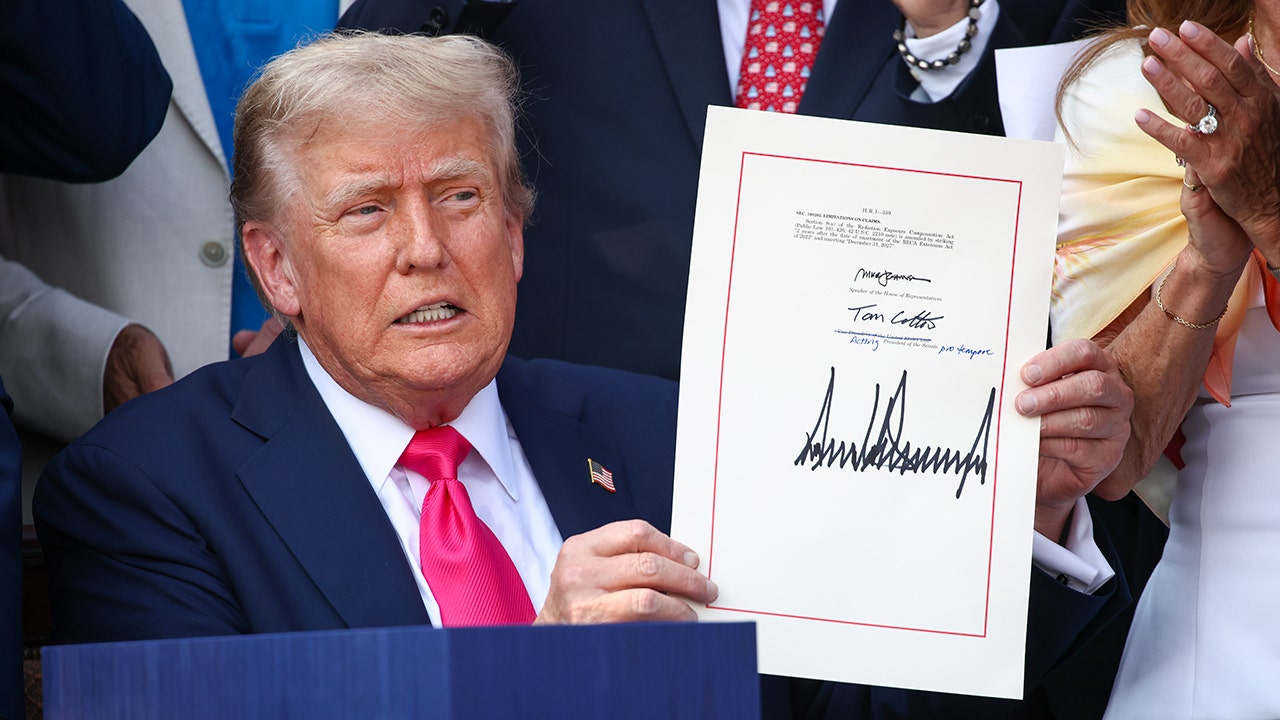Tulsi Gabbard, President Donald Trump’s nominee for director of national intelligence, delivered a strong opening statement during her confirmation hearing Thursday morning, pledging to reform an intelligence community that she said has been used as a political weapon against Trump.
Speaking before the Senate Intelligence Committee, Gabbard did not hold back in her criticism of how U.S. intelligence agencies handled Trump’s presidency.
“The American people elected Donald Trump not once but twice, and yet the American intelligence agencies were politicized by his opponents to undermine his presidency and falsely portray him as a puppet of Vladimir Putin,” Gabbard stated.
Celebrate Trump’s Historic 2024 Victory with the Exclusive Trump 47th President Collection!
Gabbard, a former Democratic congresswoman, pointed to specific incidents in which she claimed intelligence agencies acted improperly to target Trump and his allies.
She argued that the FBI, CIA, NSA, and other agencies need systemic reform to restore their credibility and ensure they serve national security interests rather than political agendas.
Gabbard outlined several instances of intelligence community misconduct, beginning with the FBI’s handling of the Trump-Russia investigation.
By abusing Section 1 of the Foreign Intelligence Surveillance Act (FISA), political opponents of Trump “illegally obtained a warrant to spy on Trump’s campaign advisor Carter Page using a Clinton campaign-funded false dossier as their so-called evidence,” Gabbard stated.
She referenced special counsel John Durham’s 2022 findings that there was no evidence of collusion between Russian operatives and the Trump campaign in 2016.
Instead, authorities believe Russian actors sought to manipulate social media platforms to spread disinformation, though not necessarily to benefit either Trump or Hillary Clinton.
Gabbard also pointed to the actions of former Biden Secretary of State Antony Blinken, who she claimed was instrumental in crafting the narrative around Hunter Biden’s laptop.
According to Gabbard, Blinken coordinated a public letter signed by 51 former intelligence officials in 2020 dismissing the laptop’s contents as “Russian disinformation.”
“This was done specifically to help Biden win the election,” Gabbard asserted.
Gabbard argued that intelligence agency overreach did not begin with Trump, citing past instances where officials misled Congress and the public.
She referenced former Director of National Intelligence James Clapper’s 2013 testimony, in which he told the Senate Intelligence Committee that the federal government did not collect sensitive information on American citizens without warrants, including “phone and internet records.”
“Clapper was never held accountable,” she said.
Gabbard also pointed to former CIA Director John Brennan, accusing him of allowing the CIA to spy on Congress and evade oversight.
“Under [former director] John Brennan, the CIA abused its power to spy on Congress, to dodge oversight, and lied about it until he was caught, and yet has never been held responsible,” Gabbard stated.
Gabbard said that intelligence agencies have also turned their focus inward, citing the FBI’s controversial surveillance of religious communities.
She highlighted reports that the FBI had been “spying on Catholics who attend traditional Latin Mass, labeling them ‘radical traditionalist Catholics.’”
In a personal revelation, Gabbard stated that she herself was placed on a secret watchlist called “Quiet Skies” after publicly criticizing then-Vice President Kamala Harris.
“Sadly, there are more examples,” she said. “The bottom line is this: This must end.”
Despite her strong opening statement, Gabbard’s nomination faces hurdles in the Senate. While Republicans hold a narrow one-seat majority on the Senate Intelligence Committee, her confirmation is not guaranteed.
As of Thursday morning, Politico reported that at least three Republican committee members remain undecided on whether to support her nomination.
Gabbard’s confirmation process is expected to be contentious as lawmakers weigh her call for sweeping intelligence reforms against concerns about her approach to leading the intelligence community.
The opinions expressed by contributors and/or content partners are their own and do not necessarily reflect the views of LifeZette. Contact us for guidelines on submitting your own commentary.
Read the full article here


![Deep State in Panic? Tulsi Gabbard Exposes FBI, CIA, and NSA Abuses in Senate Hearing [WATCH] Deep State in Panic? Tulsi Gabbard Exposes FBI, CIA, and NSA Abuses in Senate Hearing [WATCH]](https://www.rvmnews.com/wp-content/uploads/2024/09/2024.09.01-12.40-rvmnews-66d460b5418b4.jpg)









